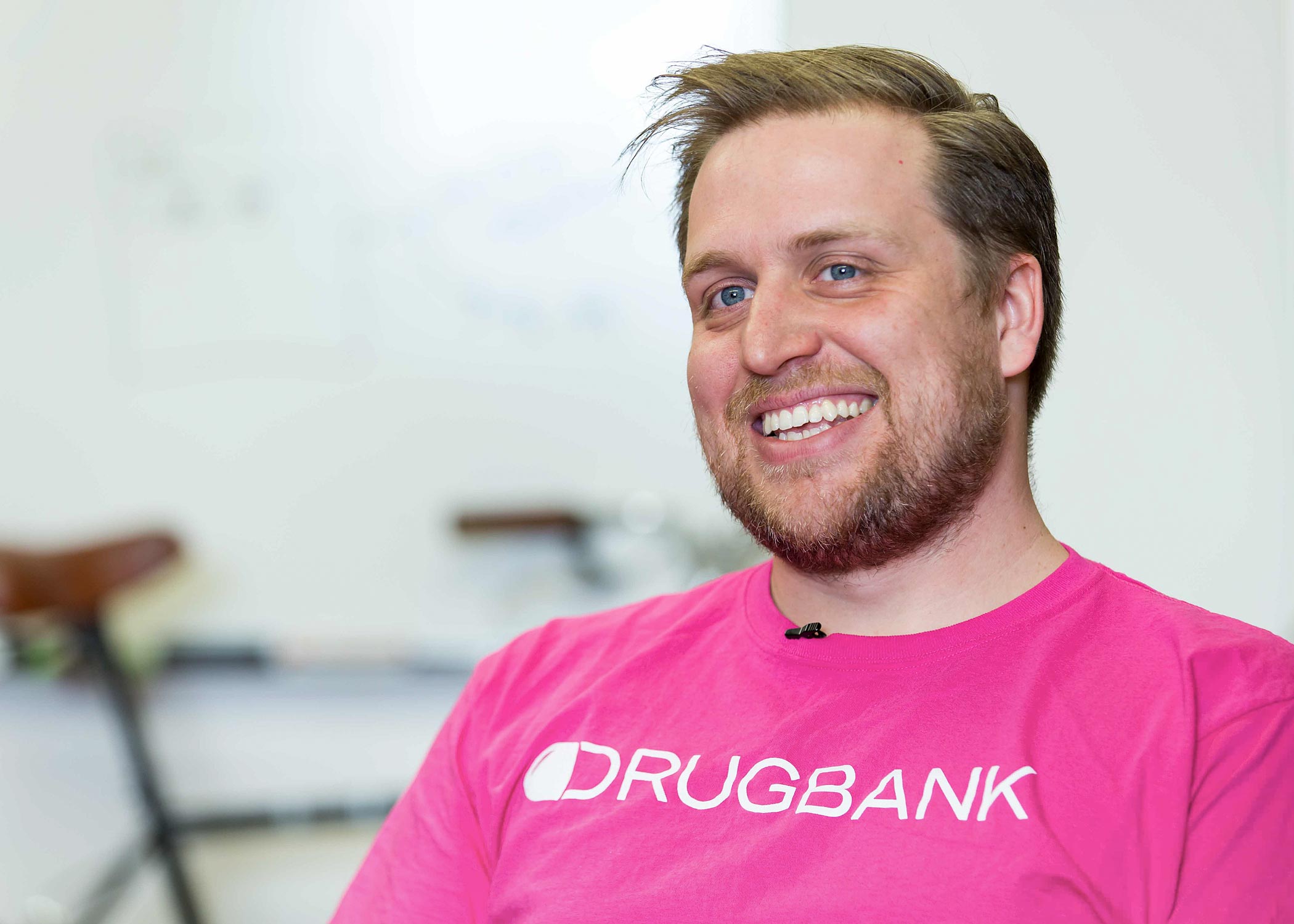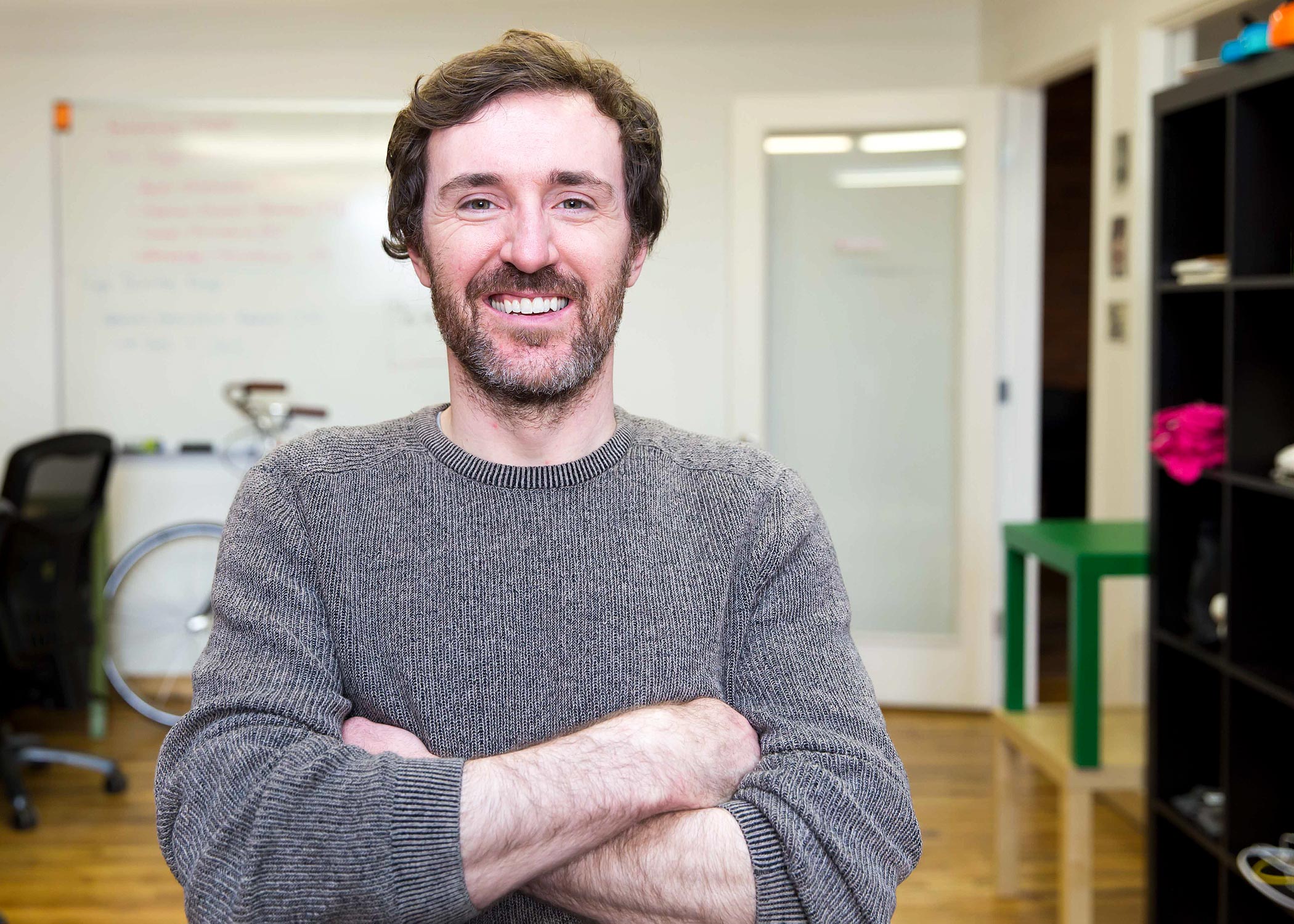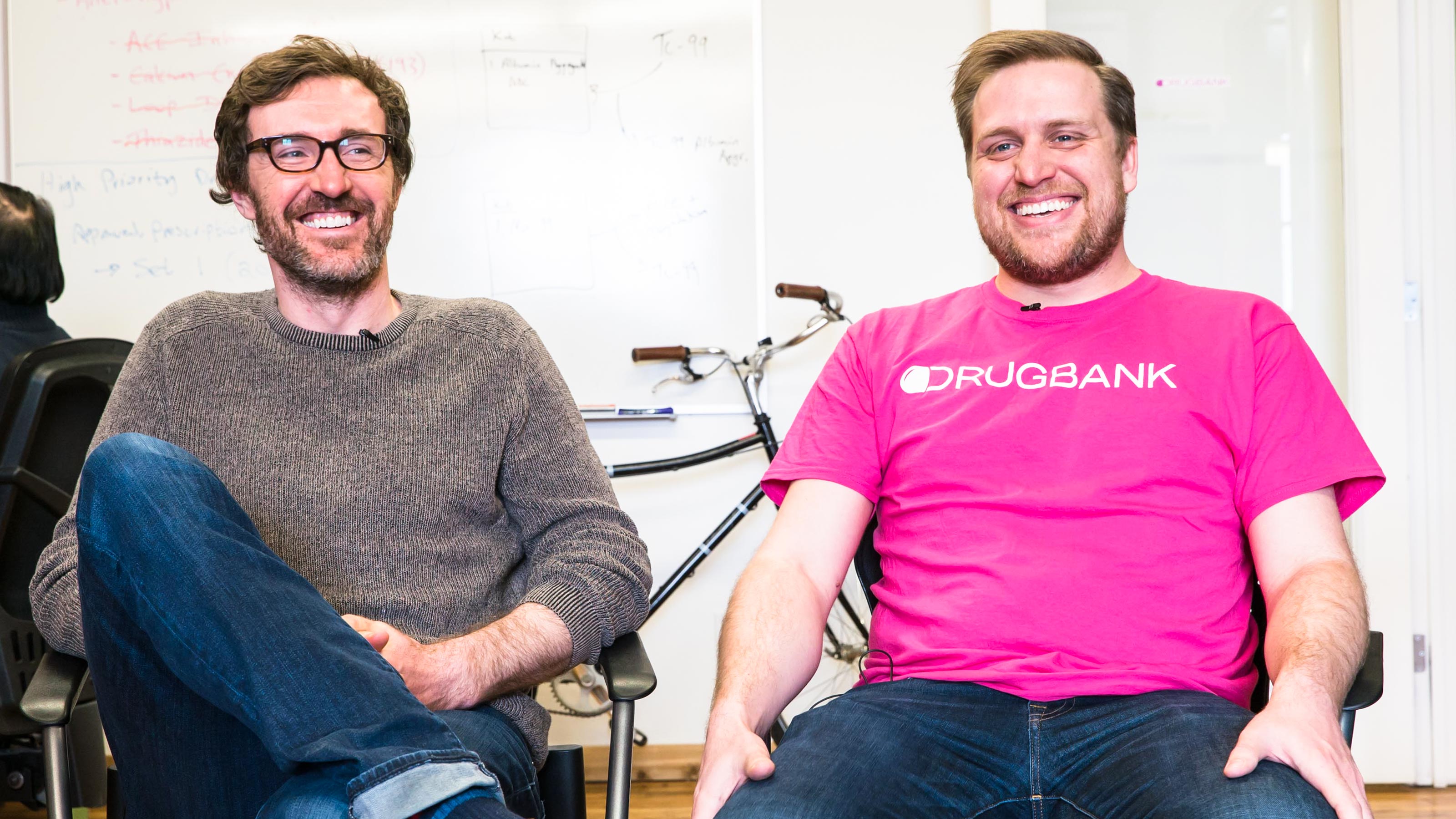An Edmonton startup has become the world’s largest pharmaceutical knowledge database, through research that began at the University of Alberta.
DrugBank offers a one-stop shop for curated scientific data on thousands of drugs, including molecular details, chemical structures, targets and proteins, as well as clinical information on side-effects, interactions with other drugs, allergies, synonym names, availability and more. The company already has more than 20,000 drugs in its database, with a focus on approved drugs or those in clinical trials.
In just five years, the startup has become one of the fastest-growing in Edmonton, going from two employees in 2016 to a current count of 43. Revenue has increased 300 per cent and—despite the uncertainty created by the COVID-19 pandemic—DrugBank’s fundraising round last year ended 20 per cent above target, with financial support from venture capitalists and angel investors.

“The reason we exist is because of the research that’s happening at the U of A, the students they are training there and because of Dr. David Wishart,” said CEO Michael Wilson, who established DrugBank in 2016 with his partner and fellow U of A graduate Craig Knox. The pharmaceutical database began as an undergraduate bioinformatics research project under the guidance of Wishart, U of A professor in the departments of biological sciences and laboratory medicine and pathology.
Knox and other bioinformatics students working in Wishart’s lab developed an early version of the drug database in 2006, but it was intended for academics. As soon as they published their project online, the server was overwhelmed with traffic as academics, desperate for a reliable source of drug information, flocked to the site. Since then, DrugBank has been cited more than 12,000 times in academic research.

A growing customer base
DrugBank now has customers in 24 countries, including scientists and pharmaceutical companies developing new drugs and repurposing others.
“It’s fair to say that DrugBank has had an impact in pushing forward the field of drug discovery,” said Wilson. Their extensive database helps lower R&D time and costs, allowing companies to get new and repurposed drugs to market sooner, which improves patient health outcomes and can even save lives.
“In the multibillion-dollar drug research industry, the percentage of successful drugs being approved has gone down as costs for development have gone up,” said Arden Tse, an investment manager with Accelerate Fund II, which has invested in DrugBank.
“One of the levers that can speed up drug research is more effective access to data. DrugBank has built a scalable knowledge base that not only makes research faster and more economical today but provides a smart data structure that can be fed into machine learning programs,” Tse said in a release last fall announcing DrugBank’s successful fundraising round.
While the DrugBank curation team leads the data collection process, their work is augmented by AI tools and natural language processing, allowing humans and machines to comb through scientific literature, patents, clinical trial records and other sources of drug information.
Pandemic proved value for researchers
Wilson and his team are proud that DrugBank contributed to the unprecedented global research push to find vaccines and treatments for COVID-19, with more than 1,200 publications citing DrugBank in their COVID-19 research. Despite the pandemic, the company doubled its revenue last year and grew its customer base significantly. DrugBank continues to offer free non-commercial datasets to academics.
Last year’s successful investment round allowed the company to scale up, adding a number of key employees and developing marketing and sales teams. Most of their employees come from the U of A.
“All the talent we need, the U of A has,” said Wilson. “We hire pharmacists, pharmacologists, bioinformaticians, computer scientists, AI specialists, and the U of A has some of the top programs in the world in those areas. It’s a huge advantage for us.”
Growing a strong corporate culture is important to the co-founders. “We want to build a company where our team members are empowered and can do their best work,” added Wilson.
In the next five years, the company has its sights set on the clinical health software space, integrating with electronic medical record systems and genetic testing applications. In the next two years, they expect to increase annual revenue by 400 per cent and grow the team by 300 per cent.
“Our vision as an organization is to become the engine that is powering the world of clinical software and drug development,” said Wilson. Ultimately, this should lead to major advances in precision medicine, in which drug treatments and medical advice are tailored to individual patients.
Wilson hopes DrugBank’s success in the Edmonton startup scene will encourage other U of A students to consider commercialization of their research.
“Sometimes as Canadians, we are too humble, too laid-back. My hope is that what we are doing can inspire more students to think about creating their own companies.”
